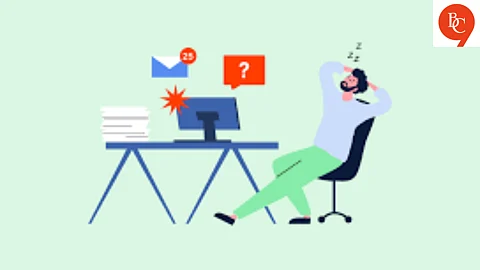

We’ve all been there: scrolling endlessly on Instagram, binge-watching “just one more” episode, or deep cleaning the room—anything to avoid that one task. Procrastination isn’t just about laziness. It’s often a response to fear, overwhelm, or even perfectionism.
Why Do We Procrastinate?
Procrastination isn’t always about a lack of motivation. Psychologists say it’s often an emotional regulation issue. We avoid tasks because they seem boring, scary, too big, or we’re afraid we’ll fail at them.
1. Break Big Tasks into Tiny Steps
Looking at a massive to-do list can be overwhelming. That’s why micro-tasking works wonders. Break a task into the smallest, easiest step possible.
2. Use Time Blocks, Not Just Lists
To-do lists are great—but time blocking turns plans into action. Set aside specific hours in your day for focused work. Treat them like appointments.
3. Try the Pomodoro Technique
This tried-and-tested method keeps your brain fresh and focused:
Work for 25 minutes
Take a 5-minute break
Repeat 4 times, then take a longer break
It helps you stay consistent and avoids burnout, especially if you're working from home or studying for long hours.
4. Limit Digital Distractions
One reason we procrastinate? Doomscrolling. Turning off notifications isn’t enough. Try:
Putting your phone in another room
Using apps like Forest, Freedom, or Cold Turkey
Logging out of social media while working
5. Manage Your Energy, Not Just Your Time
Productivity isn’t just about hours—it’s about energy. Are you most focused in the morning or at night? Plan demanding tasks during your “brain prime time.”
Also:
Get 7–8 hours of sleep
Eat mood-friendly meals (avoid sugar crashes!)
Take intentional breaks (walks > reels)
The truth is, procrastination won’t disappear overnight. But small shifts in your mindset and habits can help you build consistency—and feel better doing it.
